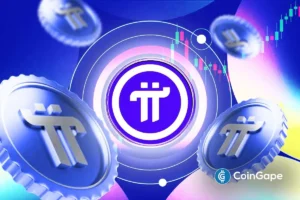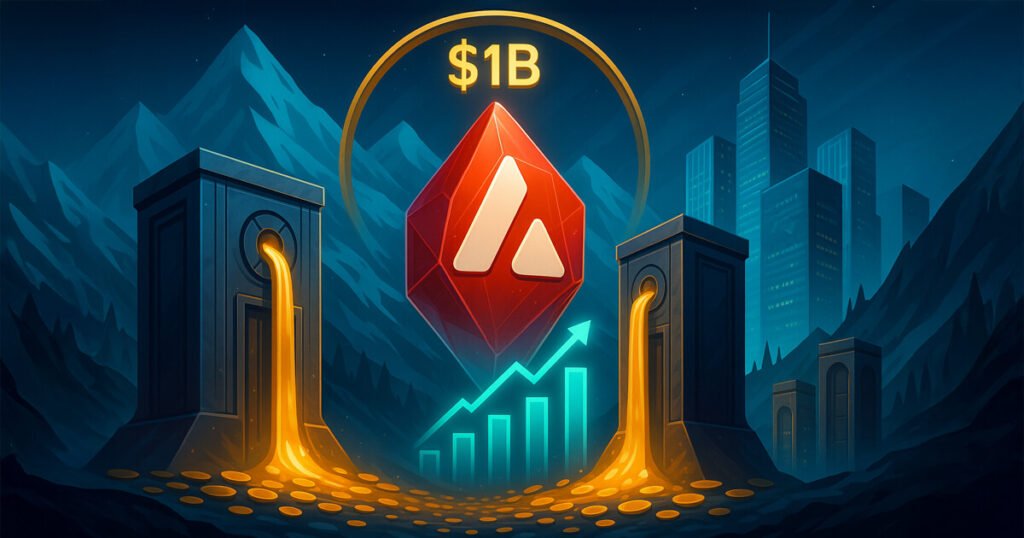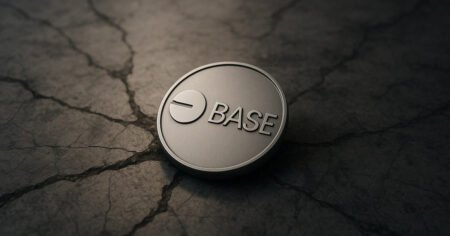Aave Proposes Governance Risk Mitigation Measures in Response to Scroll DAO Challenges
Aave, the leading decentralized lending protocol, has taken proactive steps to reduce its governance risks associated with the Ethereum layer-2 network, Scroll. This initiative was presented on September 11 by the Aave Chan Initiative (ACI) amid growing concerns regarding Scroll’s decentralized governance model. With a commitment to user safety and the protection of liquidity pools, Aave is implementing a series of defensive measures aimed at fortifying protocol integrity during this period of instability.
The proposal highlights several critical actions Aave plans to execute to safeguard its users and assets. Among the measures, Aave intends to increase the reserve factor for all listed assets to 90%. This move will help to ensure that adequate reserves are maintained, thus enhancing the platform’s resilience against potential market fluctuations. Additionally, Aave has decided to lower supply caps to existing levels and reduce borrowing caps for all borrowable assets. These steps are aimed at containing exposure to assets tied to Scroll and reinforcing the protocol’s safety through conservative risk parameters.
The urgency behind Aave’s proposal is highlighted by the current conditions within Scroll’s decentralized autonomous organization (DAO). Earlier on the same day, Scroll announced a halt on new proposals within its DAO, prompting concerns about the governance structure stability. This pause is part of Scroll’s wider strategy to experiment with new governance models that prioritize efficiency and effectiveness. Scroll emphasized that the temporary suspension of new proposals would allow for the development of a robust governance framework designed to ensure long-term stability and growth.
Scroll has indicated that while the introduction of new proposals is on hold, previously approved initiatives will continue to move forward. This approach aims to protect ongoing projects while allowing for necessary changes to the governance model. The decision to pause new submissions follows an internal leadership shake-up within Scroll’s DAO. Eugene, the DAO’s lead delegate, recently resigned, creating a gap in leadership and increasing uncertainty among community members about the future direction of the platform.
Given the state of affairs in Scroll’s governance, Aave’s decision comes at a pivotal moment. With approximately $6 million in total value locked (TVL) in Scroll, Aave holds one of the smallest liquidity pools on the chain, according to data from DeFiLlama. This relatively modest exposure underlines the urgency of Aave’s response. By reinforcing its risk management strategies, Aave aims to navigate the current turbulence effectively and ensure the protection of its users and their assets.
The proposal’s implementation will follow the Direct to AIP process, which facilitates a faster deployment of these crucial changes in response to potential governance disruptions. ACI’s initiative reflects a broader trend within the decentralized finance (DeFi) space, where protocols are increasingly focusing on proactive risk mitigation strategies. As the DeFi landscape continues to evolve, the ability to adapt governance structures swiftly will play a critical role in maintaining user confidence and ensuring sustainable growth.
In summary, Aave’s strategic initiative to mitigate governance risks in the Scroll ecosystem underscores the importance of adaptability in decentralized finance. As governance models undergo necessary redesign, Aave’s measures seek to not only protect user assets but also enhance the overall stability of the platform. By prioritizing a conservative approach to risk management, Aave is positioned to navigate uncertainties effectively while setting a precedent for resilience in the ever-evolving world of DeFi.

















